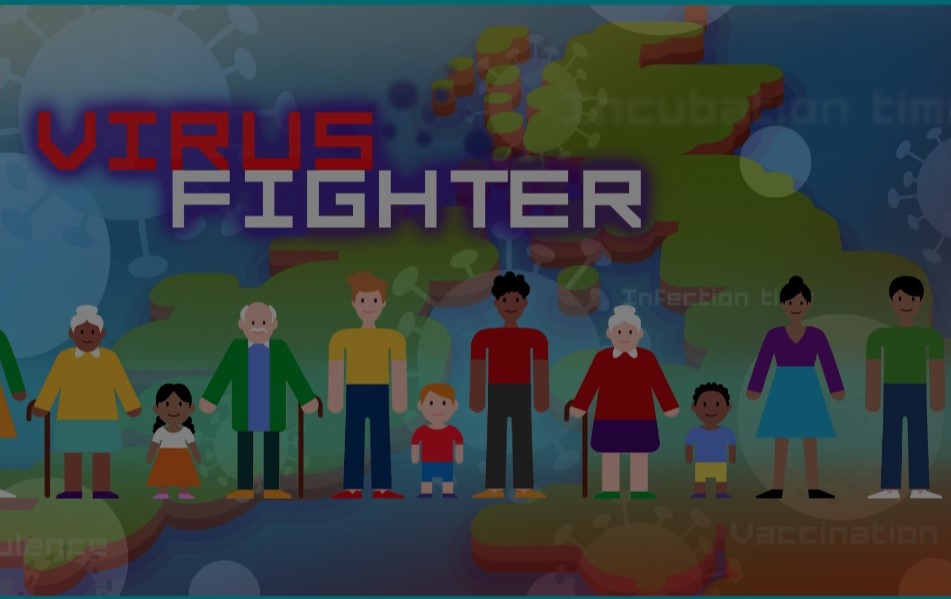Friday
Aug072020
Unpopular opinion: the scientific publication system is not the problem
 Friday, August 7, 2020 at 7:35PM
Friday, August 7, 2020 at 7:35PM
Scientific publishing is undergoing radical change. Nothing surprising there, scientific publishing has been constantly evolving and constantly improving. Innovation and change are needed to improve, although not all innovations end up being useful. I'm on record for saying that the DORA approach, for example, is ideologically well meaning, but so little consideration has been made of the practicalities that the implementation is damaging. Open-access is another example: an excellent ambition, however the pay-to-publish model used for implementation turbo-charged the fake journal industry.
I am glad that we have advocates pushing on various reforms to publishing: pre-print, open-access, retractions, innovations in accreditation, pre-registration, replication journals, trials in blind reviewing, publishing reviews, etc. The advocates do seem, to me, to have far too much belief that their particular reform is critical and often turn a blind eye to the potential downsides. That is also okay: the system needs both passionate advocates and dubious skeptics in order to push changes, throw out the ones that don't work and tweak the ones that do work in order to get the best cost/benefit ratio of implementation.
Fundamentally, though, the publication system is not broken. Oh, it is certainly flawed and improvements are needed and welcomed. But even if every flaw was fixed (which is probably impossible: some ambitions in publishing are at heart mutually contradictory) I don't think it will have the huge benefits that many advocates assume. Because at the heart of it, the problem is not the publication system, but the other systems that publishing flows into.
Let's take two examples:
- Careers. Probably the main reason why flaws in the publishing system drive so much angst is that scientific publication is the main criteria used in awarding positions and grants. So issues with prestige journals, impact factors and so forth have real implications that damage people's lives and destroy careers. DORA is the ambition to not do that, without the solution of an alternative. Perhaps one day we will find a better system (I happen to believe it lies in improving metrics, and valuing a basket of different metrics for different roles, not in pretending metrics don't exist). But even a perfect system (again, probably impossible) won't fix the issue in career anxiety. Because in the end the issue is that the scientific career structure is broken: it is under-funded, built based on short-term perspectives, and operates on the pressure-cooker approach to milking productivity out of people until they break. From a broader perspective, the scientific career structure is not operating in a vacuum - it is part of a capitalist economy which again fuels these anxieties. Why are people so worried about losing their place in the academic pipeline? Because in our economy changing careers is really, really scary. Fixing publishing doesn't actually fix any of those downstream issues.
- Translation. The other issue that is frequently raised by advocates for publication change are people who are involved in translation, usually commercialisation or medical implementation. Let's take the example of drug discovery. You don't need to go far in order to find people yelling about the "reproducibility crisis" (although the little data they rely on is, ironically enough, not especially reproducible) or animal-mouse translation issues. It would be great if every published study was 100% reproducible and translatable, although I'm rather sanguine about errors in the literature. There is always a trade-off between speed and reproducibility, and I am okay with speed and novelty being prioritised at the start of the scientific pipeline as long as reproducibility is prioritised at the end. Initiatives to improve what is published are welcomed, but flawed publications on drug discovery are only a problem because they feed into a flawed drug development system. Big pharma uses a system where investments are huge and the decision process is rushed, with the decision-making authority invested in a handful of people. The structure of our intellectual property system rewards decisions made early on incomplete information: snap judgements need to be made too early in the development process. This system will create errors and waste money. More importantly, perhaps, it will also miss opportunities. A medicine slowly developed in the public domain via collaborating experts may be entirely unviable commercially and never enter patients.





Reader Comments